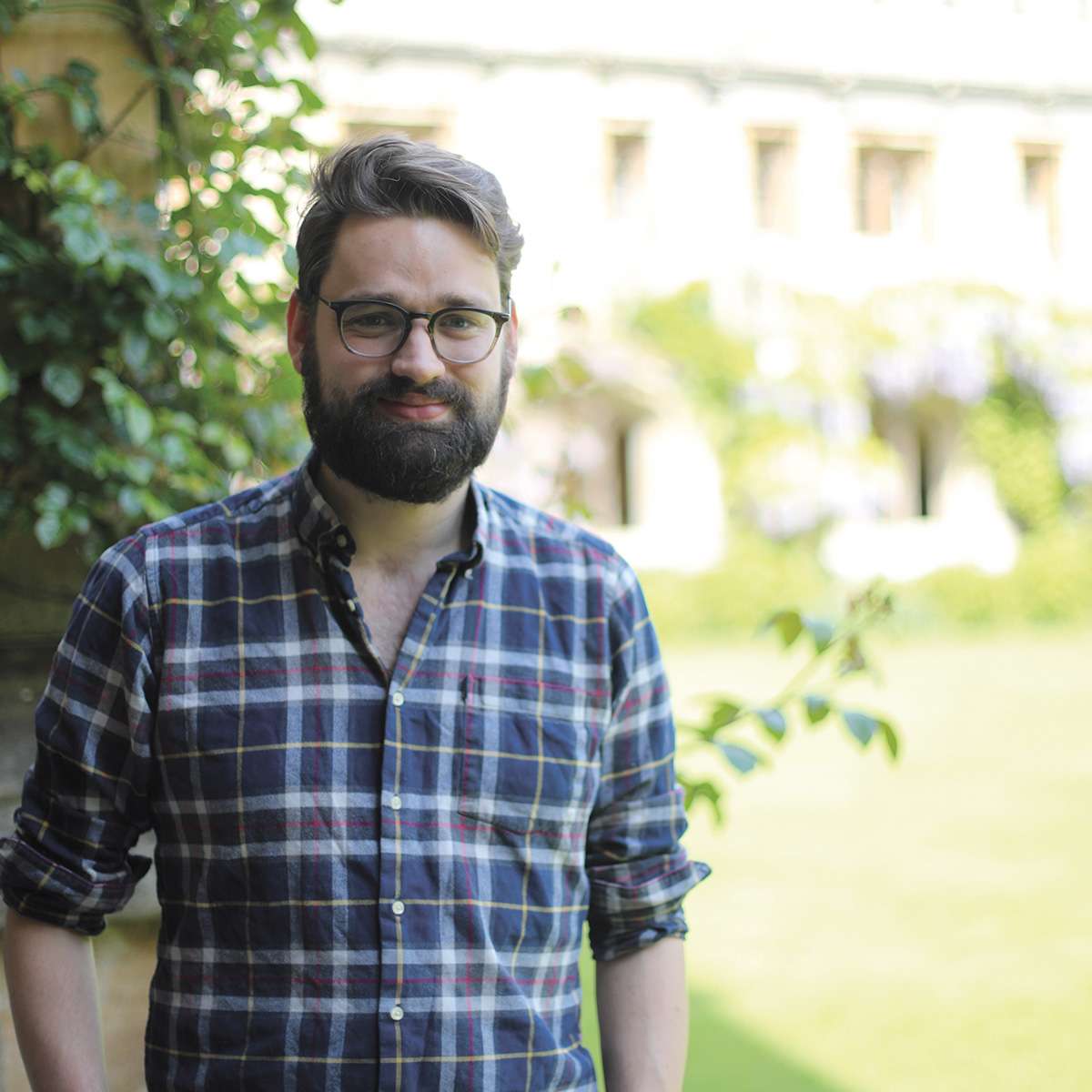
I thought I would write a book review for the current edition of the Friends of Cranleigh Library Newsletter, so I looked around for a suitable book to review.
Should it be one that I have read recently or something more appropriate for the Newsletter readership? Then I saw the title ‘Public Library’ by Ali Smith on the Library shelves – that should do the trick!
This is a book of short stories interspersed by comments from various people about what books and Libraries mean to them. The cover blurb reads ‘The stories in Ali Smith’s new collection are about what we do with books and what they do with us: how they travel with us, friends for life; how they shock us, change us, challenge us, banish time while making us older, wiser, and ageless all at once . . .’
There are also quotations from famous authors: Doris Lessing, for example, says ‘With a Library you are free. It is the most democratic of institutions because no one – but no one at all – can tell you what to read and when and how.’
The comments between the short stories often tell of how the writer experienced the Library when they were young. One writer said ‘You can just go. People of all ages all round you. It doesn’t have to be educational. It doesn’t matter who you are or what you’re doing. Young or old.
Rich or homeless. It doesn’t matter. You can just go there.’ It’s a sort of refuge.
The short stories are extremely varied and this variety made it difficult for me to get a grip on writing any sort of review, but the notion of experiencing a Library when you were young led me on to something else, as follows.
As you know, in 1940 the Germans invaded France and swept across to the Channel coast where the British army managed to save many men by helping them to escape from the beaches of Dunkirk.
I was a schoolboy in Broadstairs, Kent at that time, and like all the children of school age, was evacuated with the rest of my school to a town in the Midlands. In 1941 I had to move to Stafford -where the secondary school, Chatham House School from Ramsgate, had been located.
The management of this school situation always makes me wonder how they achieved it. Imagine: you are the Headmaster of King George’s School in Stafford with, say, 500 boys, and you get a notification from the Ministry of Education to the effect that shortly, because of the evacuation, another school of several hundred boys with its staff will have to be accommodated on your site! How did they do it? But they did, and for the most part it worked well.
One of the consequences of two schools on one site was that school dinners had to be taken in shifts, firstly the Stafford boys and secondly the Ramsgate boys. For us it meant that morning lessons ended and we then had to wait for about thirty minutes before we could go into dinner. We were allowed to go into the town for this period, so what we did was shoot across the road to a baker’s shop, buy a small malt loaf for a few pence, then go into the Library just round the corner. It was in there, in the “Reading Room”, that we’d read the papers and surreptitiously consume the malt loaf before going into second shift dinner!
A place of refuge indeed.
The Library was a sort of sanctuary where we could do our homework, and, of course, borrow books in the normal way. I remember that the Biggles series by Captain W.E.Johns was a favourite and also the books by Dornford Yates. As one of the contributors to Ali Smith’s book says: ‘Libraries are, at heart, helpful and kind providers.’ Long may be that so.
– Review Written by John Hawthorn











